I need help with…
Body Image
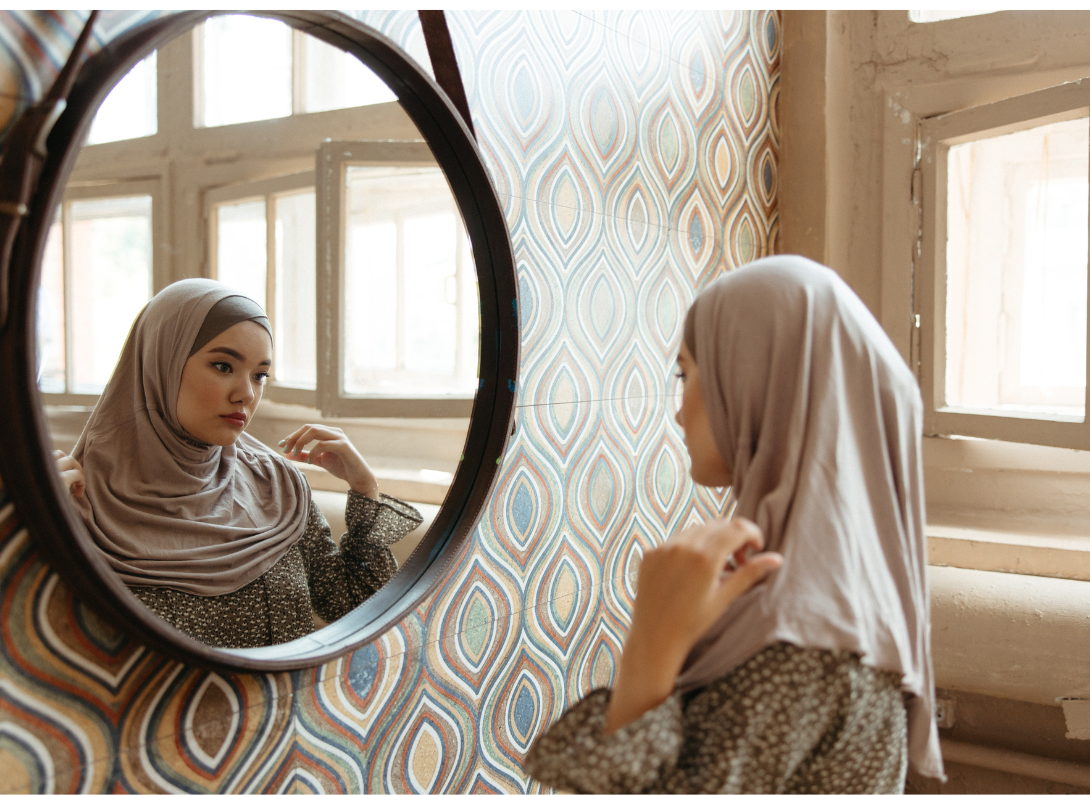
What is body image?
Body image is how we think and feel about our bodies, how we look, and how we believe others see us. A lot of us have some things about how our face or body look we don’t like, and body confidence is something that most of us could do with a bit more of!
Sometimes the way that we feel our body looks is very different to how it actually does look to other people. Body image is not just about our weight, it can also include:
- Comparing how you look to other people.
- Not feeling able to love or accept how you look.
- Not seeing people who look like you accepted in the media.
- Hiding your body because you feel ashamed of it.
- Struggling to find clothes that you feel comfortable in.
- Feeling misunderstood about your body.
- Feeling like you are not attractive.
- Worrying about things like birthmarks, scars or acne.
- Feeling like your body does not match your true self.
Body Dysmorphic Disorder
Body Dysmorphic Disorder (BDD) is a condition in which you become very focused on a part of your appearance that you don’t like. It might be your nose, your hair, or the shape of your face. It might be redness that you can see on your skin, or spots.
To you, the flaw in how you look seems obvious, and you might have ideas that because of it you are ugly or other people won’t want to spend time with you. It can leave you feeling anxious, down, and alone. If you are able to talk to anyone about how you feel, you might find that usually other people don’t see the ‘flaw’ as being nearly as bad as you do. They might even struggle to see it at all.
Common symptoms of BDD include avoiding mirrors or checking your appearance in mirrors very often; trying to hide the part of your appearance that you don’t like with clothes or make up; and comparing how you look to other people. If you think you might have BDD, please talk to someone about it and reach out for help.
Top tips if you’re struggling with body image
- Don’t compare yourself to images of other people online, these are often digitally altered to appear perfect
- Try not to let social media affect how you feel about your body. Follow people who make you feel good and talk about body confidence
- Spend time with people who make you feel good about yourself
- Try to be kind to your body – look after it and don’t punish it
- When you look in the mirror, look at your whole body, not just the part of your body you don’t like
- Think about what advice you would give to a friend if they told you they were struggling with the way they look and remember that advice whenever you start having negative thoughts
- Be kind to yourself and focus on the things you love about yourself
- Talk to someone you trust about how you’re feeling.
If the way you feel about how you look is making you feel anxious or low, talk to your GP. They can listen, tell you about local services and support groups, or they may suggest specific treatment for the way you’re feeling.
Get Help Now!
Here are a list of services that can help. The icons below tell you the type of support available.
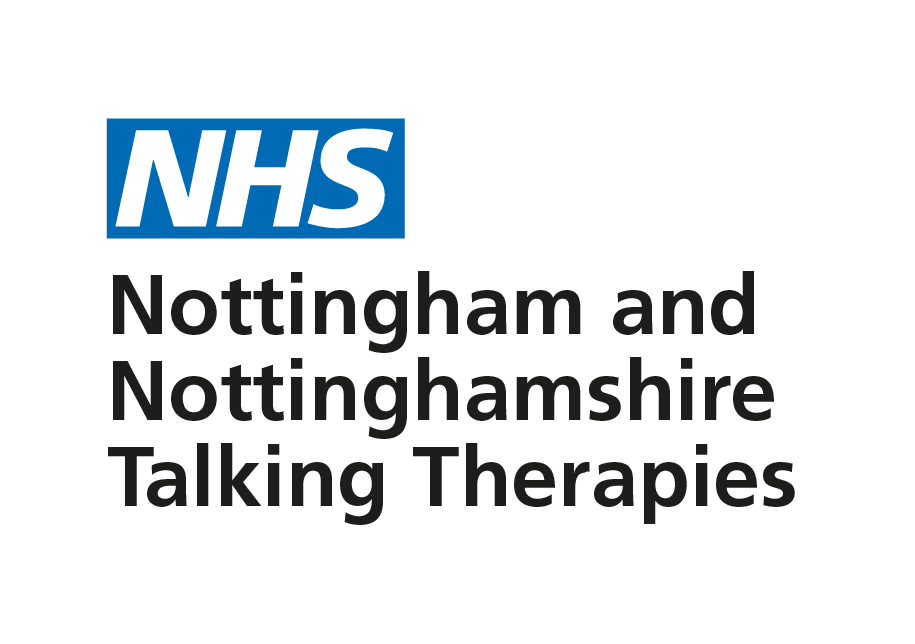
Nottingham and Nottinghamshire Talking Therapies
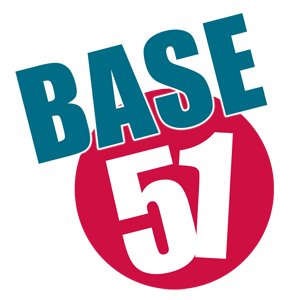
Base 51
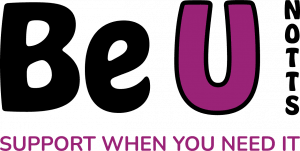
B U Notts

The Mix

Body Dysmorphic Disorder Foundation
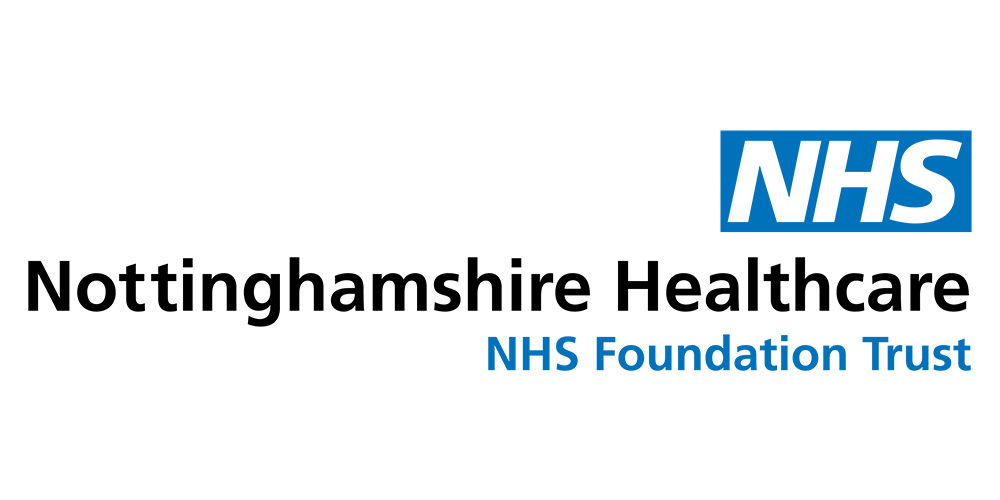
Crisis Line
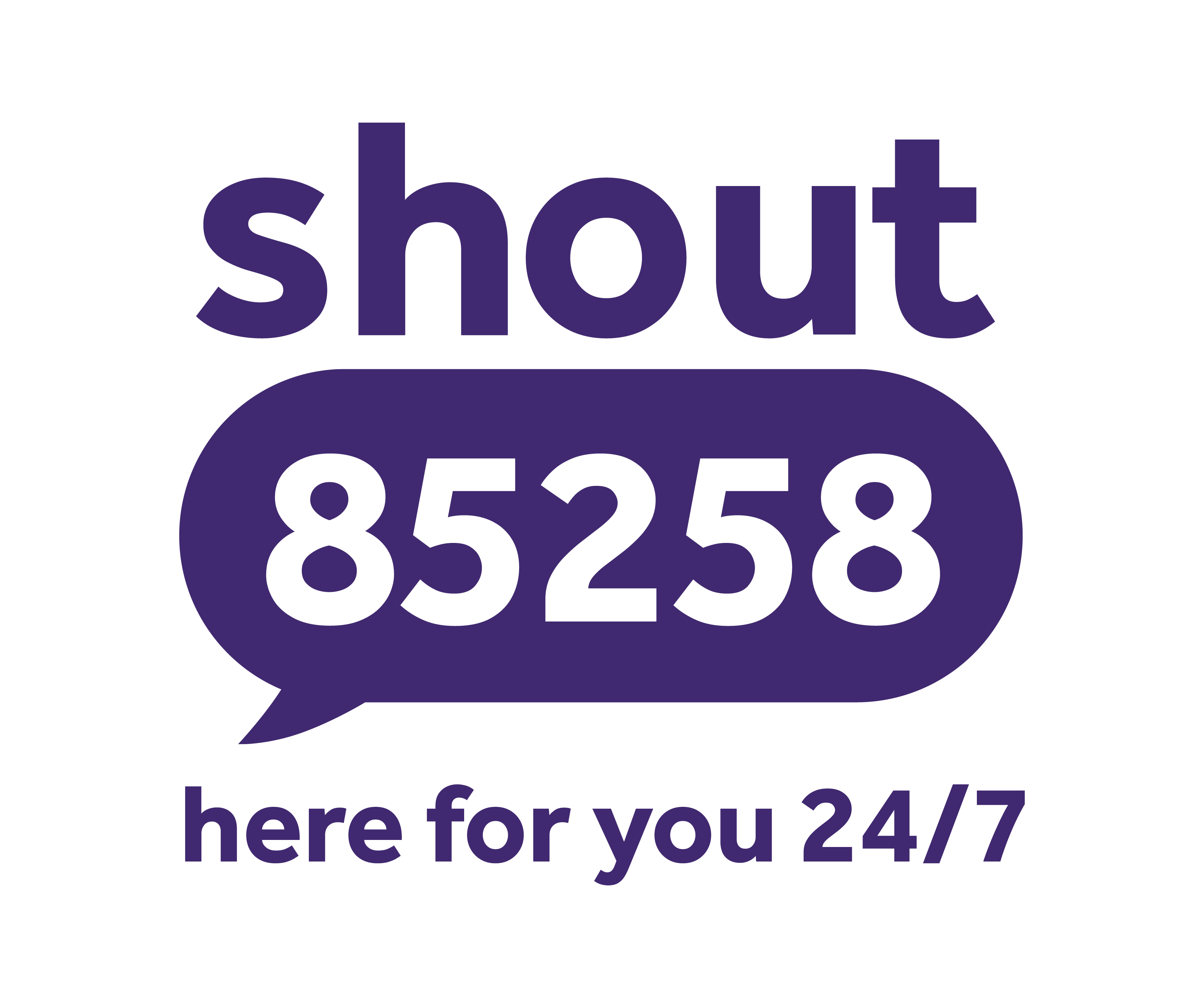
SHOUT
Which services can I access?
Some of the services available operate only within city or the wider county area. Pop your postcode in below to quickly check which services are available to you
Related topics
-
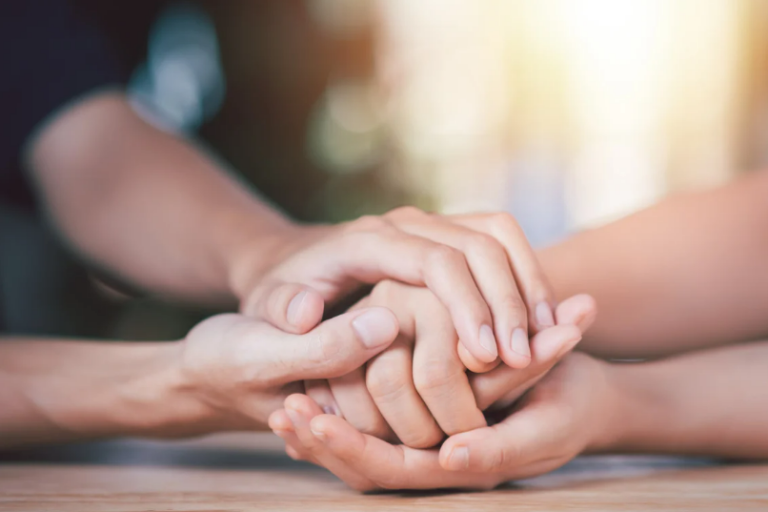
Depression or Low Mood
Everyone has ups and downs. Sometimes you might feel a bit down, for lots of different reasons. If you notice that you are feeling down more often than you feel okay, you might have depression.
-
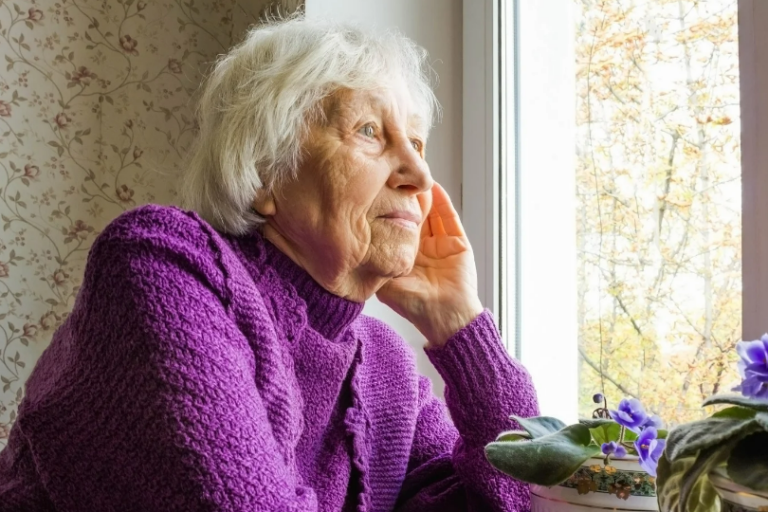
Loneliness and Social Isolation
Loneliness and social isolation can affect us all at some point in our lives. Being alone and feeling lonely are different things. Most of us are more likely to feel lonely when we don’t have many people around us, but sometimes you can feel lonely when you are surrounded by people.
-
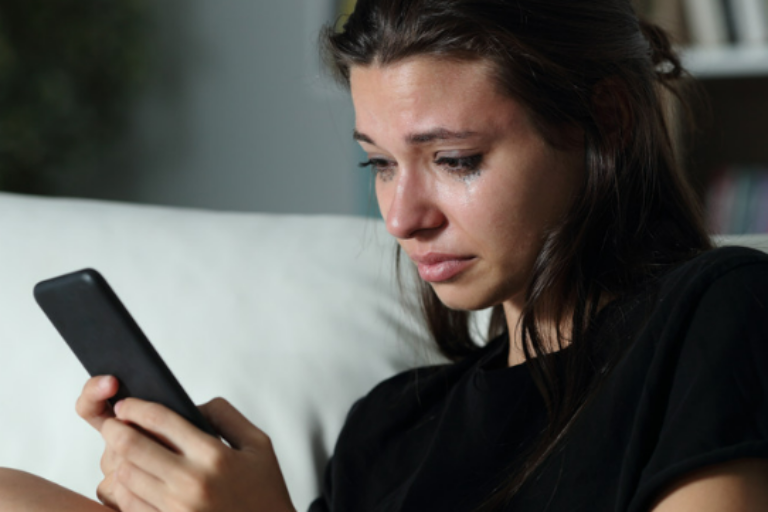
Bullying
People are often bullied because of a difference. That could be their race, religion, gender, sexual orientation, an aspect of their appearance, or something else.